In the previous article, “[MBTI] An Introduction to the MBTI (1): An Overview of Type Theory and Misconceptions about Extraversion (E) and Introversion (I),” I would like to look at the definitions of Extraversion (E) and Introversion (I) as described in the original book, “Jung (Type Theory).
Jung’s “Theory of Types ” is a 600-page description of the two types of humans, “extroverts” and “introverts,” and the four types from which they derive: emotion, feeling, theory, and intuition. The text is difficult, like reading a contemporary college entrance exam.
It consists of 11 chapters in total. In chapters 1-9, he describes the problem of typology, going back to ancient times in the past history of the human psyche, and in the last 10 chapters, he describes his own typology based on the typology of his predecessors.
It should be stated at the outset that at the time of writing this blog, I skipped chapters 1-9 (because it was too long) and only read and described the concluding chapter 10, so there may be some parts that are not well understood.
Cynical and confident Jung
It is described this way in the preface.
It is important to emphasize that my typology is the result of many years of clinical experience, and that this experience is not at all apparent to the study school psychologist. I am first and foremost a physician and a clinical psychotherapist, and all of my psychological formulations are the result of my daily experience of difficult professional labor.
(omitted)
To the layman, it is not surprising that certain of my statements seem bizarre, or that my typology seems to be the product of an idyllically quiet study. However, I do not believe that such a complacent attitude can be a valid criticism.
I found it very interesting. He writes as if he has some kind of grudge against Shusen’s school of psychologists, saying that the typology he proposes is inductively derived from his experience with real people as a doctor, and is not a theoretical empty theory that he has been concocting. The last sentence is very humanistic as if to say, “You can criticize me, but I don’t care, because we are on different levels.
Incidentally, with regard to inductive, Jung stated that it is not an a priori deduction, but rather a deductive explanation from insights gained through experience. Doesn’t that mean inductive? I think so.
Jung’s definition of introversion (I) and extroversion (E)
Introverts place the subject above the object, and extroverts below.
In the book, other people and external events are called “objects” and the ego and subjective psychological matters are called “subjects.
Introversion (I)
- Attention to the psychological process away from the object and toward the subject itself, not the object.
- Places the subject on a higher value level than the object. At least try to compete with the object.
- The object has only a secondary or symbolic meaning to the subject
- Even if the object becomes an object of emotion, it is not concerned with the real individuality of the object, but with its own emotional experience that is brought about by it.
Extroversion (E)
- Interest and consciousness leave the subject and go toward the object, the external world. This is because we have expectations of the external world.
- It places the subject below the object and gives a higher value to the object. The subject always has only secondary meaning.
- The object plays a greater role as a determinant of consciousness than subjective opinion.
When I listed them, I thought that introverts are the type of people who try to compete with their surroundings.

I was at a party the other night and we were talking about the MBTI, and I was personally surprised when a friend of mine who was diagnosed on the spot came up with ESTJ.
I feel energized when I meet and talk with people, as I did at today’s meeting,” he said. Looking back, I realized that he was referring to the fact that the subject’s energy is being lifted by the object.
Incidentally, I am an introvert and do not mind meeting with people, but I feel that I get more energy when I am blogging, researching, or thinking alone, so Jung’s explanation of energy theory may have a point.
Can there be a change from E to I or I to E?
Jung does not conclude in his book but states the following
- The fact that sometimes even very young children already clearly recognize a certain type of posture -> is it not innate? We do not intend to underestimate the importance of parents’ influence, but we must conclude that the decisive factor should be sought in the child’s predisposition.
- When abnormal external influences from parents or others interfere and the type is twisted and falsified, the person often becomes neurotic later in life
From these observations, it appears that there is no acquired change from E to I or I to E.
Nevertheless, Jung leaves out an interesting implication.
As to the inherent qualities of individuals, all I can say in this regard is that clearly some people have great flexibility or ability to adapt to any type on one side or the other. This may have to do with causes, ultimately physiological, to which our knowledge has not yet extended. The likelihood that this is so seems quite high, as far as I can see.
Jung, “Typology.”
Although extroversion and introversion are generally dominant in one or the other, like a dominant hand, some people seem to have both extroversion and introversion in the same way (the ability to adapt flexibly to different situations without stress).
The dominant hand is my analogy, but it is true that even babies naturally hold a spoon with their right or left hand without a parent telling them which hand to hold it with, and this becomes their dominant (dominant) hand. However, some people can use chopsticks as well with their non-dominant hand as they can with their dominant hand through acquired practice.
Some soccer players are ambidextrous, and some have reached a level where both are equal, so much so that from the sidelines it is hard to tell which is the dominant foot. This is even more common in the pros.
In that case, at least as far as those around them are concerned, they may not know whether they are E-types or I-types. Perhaps he or she may not even know whether he or she is an introvert or an extrovert.
It is only written in three or four lines and in a casual manner, but it is interesting that Jung left these additional implications even after 20 years of research observation, and it can be read as if he was trying to be a sincere or thorough scientist.
Consciousness and the Unconscious. On the Compensatory Action of the Unconscious.
- No type is pure in the sense that it has only one mechanism at all and the other is completely degenerate. A certain type of posture always only implies the relative superiority of one mechanism over the other.
- Inherent in each of the distinct types is a special tendency to compensate for one aspect of the type, that is, a biologically congruent tendency in the sense of trying to maintain mental equilibrium.
- The relationship of the unconscious to consciousness is compensatory. The unconscious is an undifferentiated function
- Intense egocentric tendencies should be noted in the extroverted unconscious
- The unconscious is compensatory, but as it is deprived of its energy by being ignored by the conscious mind, it takes on a destructive character and ceases to be compensatory the moment it is
Taking extroversion as an example, under the conscious mind, extroversion is more dominant than introversion, and it seeks energy from its surroundings. On the other hand, if that is all there is, it is impossible to maintain a balance of mind, so in the unconscious, on the contrary, introversion is dominant, and the movement takes energy away from the surroundings.
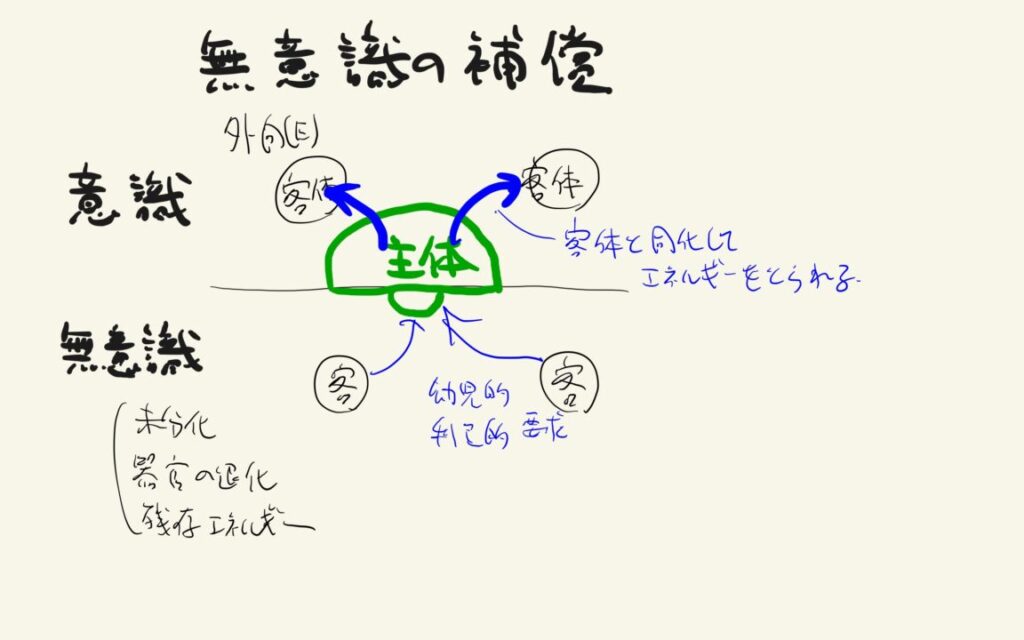
This balance between the conscious and the unconscious is important, for if the unconscious completely represses the conscious (in the case of extroverts, it is completely 100% extroverted), the unconscious becomes more and more infantile and ancient, taking a position that is clearly in opposition to the conscious. As a result, the unconscious also becomes symptomatic and catastrophic.
It’s literary and confusing in some ways, but what I find interesting is that
- Balance of mind between conscious and unconscious is important, but not a 50:50 balance because consciousness is more dominant
- Nevertheless, even if you make the conscious type 100% and completely disparage the unconscious, the unconscious does not disappear completely, but rather has the power to abandon support in the process, resulting in its destruction (the unconscious is powerful).
That is to say.
With regard to mental balance, the following examples are given in the “Invitation to MBTI” section.
For example, Extroverted Intuitive Types (ENFPs and ENTPs) spend energy throughout the day working on ideas and theoretical models, but at the end of the day they take time for quiet reflection to decide about something or to organize the day’s events. This allows them to calm down and listen to their family. This is not something they consciously think, “Well, I’m going to do some introspection to balance my orientation,” but something that happens naturally as an instinct for the sake of their own mental health.
Invitation to MBTI
This is a natural consequence of the way we feel in our daily lives, but if you are an extrovert, you like to meet and talk with people, but if you do that all the time, you get tired and want to have some alone time (your unconsciousness is starting to show its face). On the other hand, introverts also like to be alone with their thoughts, but sometimes they want to meet and talk with others, so they have lunch with them. They do this instinctively, and if they consciously swing too far to one side or the other, they will lose their balance, and their unconscious will begin to conflict, which will interfere with their minds.
So, for example, if you are an introvert and you say things like, “I get tired when I meet and talk with people, so I just want to be alone all the time. If you are an introvert, for example, you might say to yourself, “I’m basically tired of meeting and talking with people, so I’ll just be by myself all the time. I want to meet and talk with someone.
If they do not follow their instincts at that time and ignore it, saying things like, “There is no one to talk to me anyway, and I get tired of meeting people, so I’m done with it,” they will sulk and become less friendly, and so on.
I tried to summarize, but the original book was so difficult to understand that I felt I couldn’t quite put it all together. It took longer than I expected.
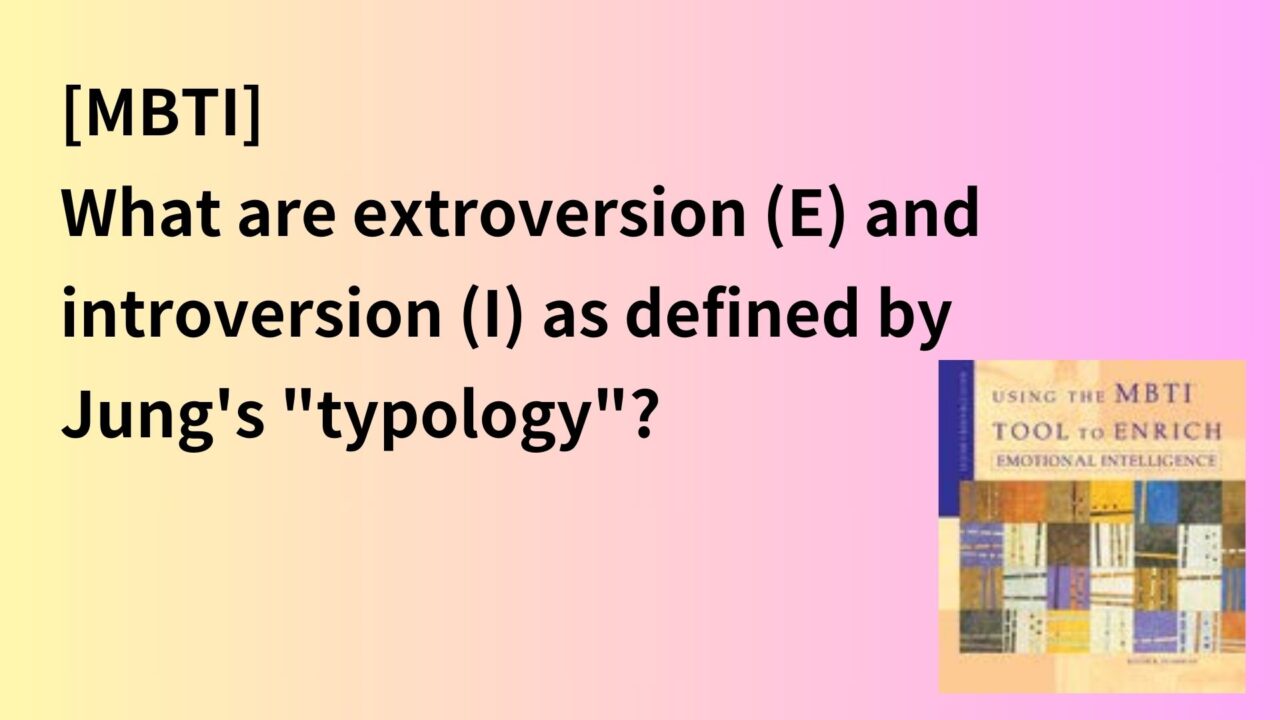
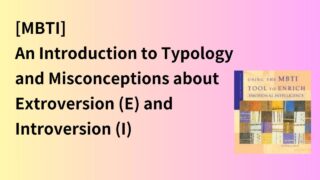


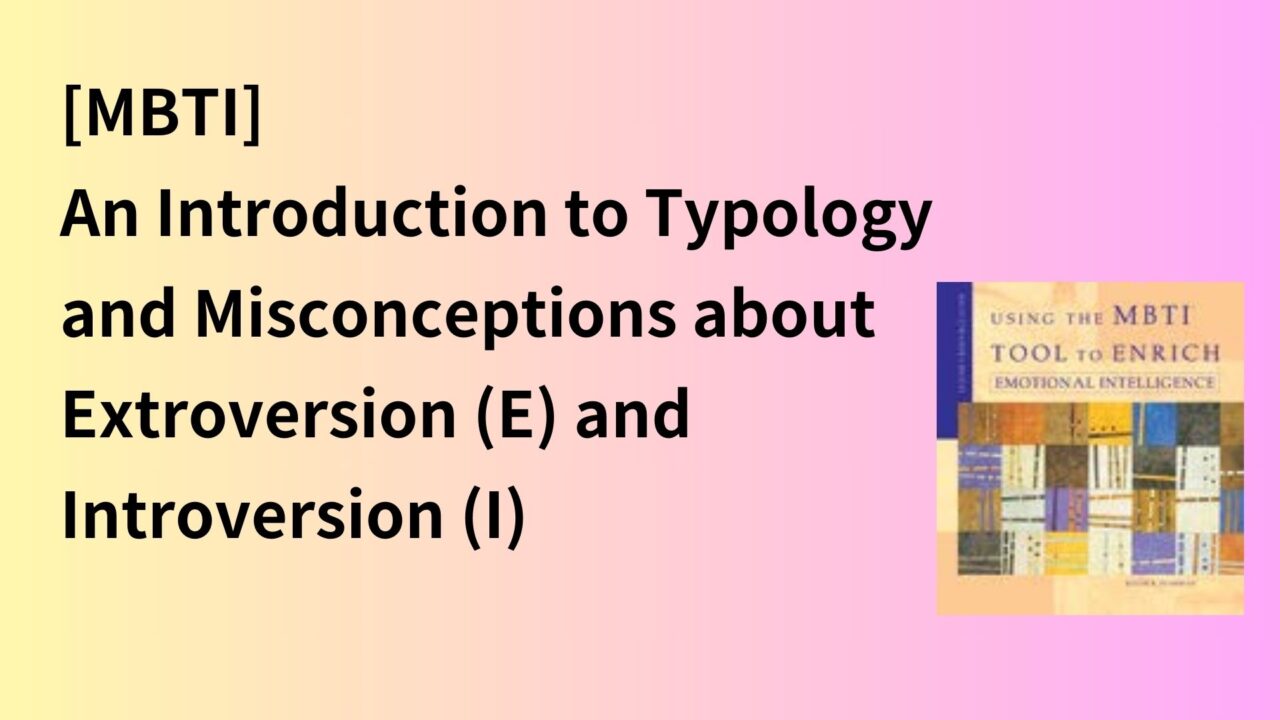
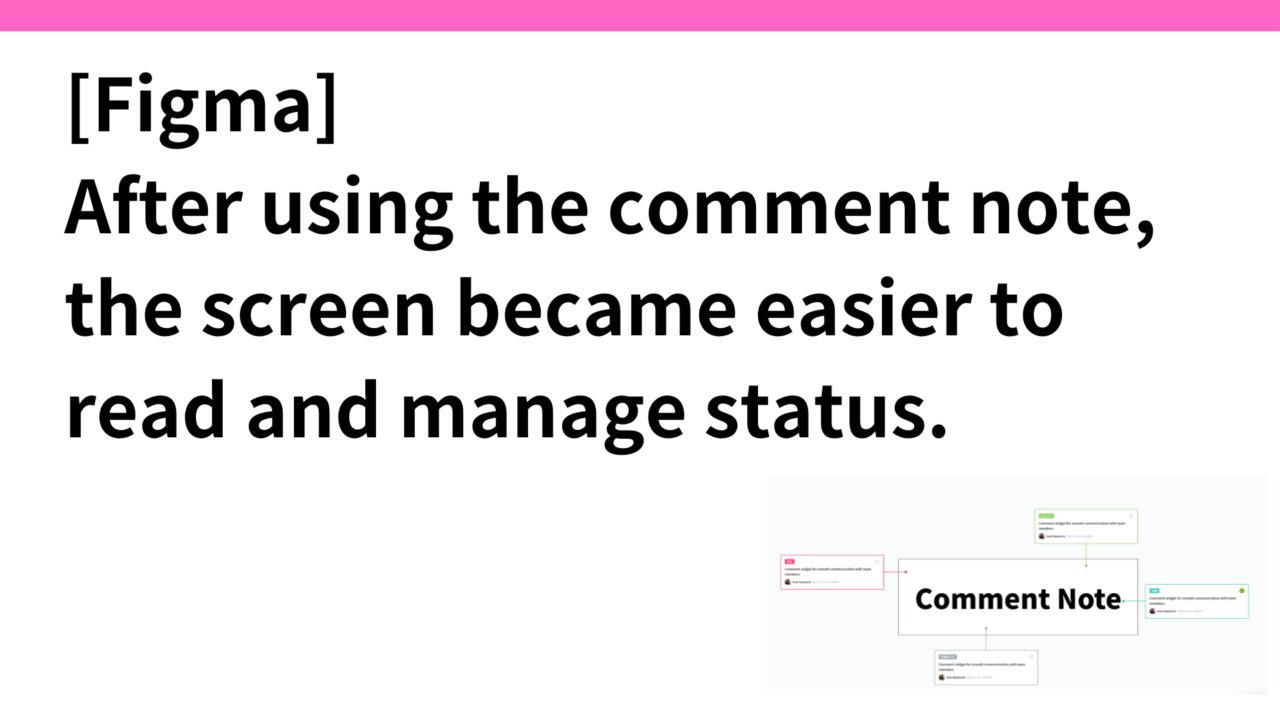
コメント